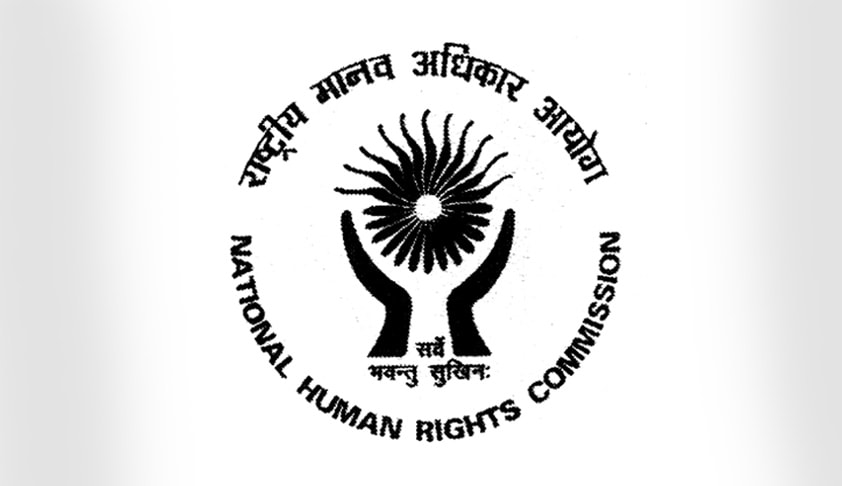- Home
- /
- Top Stories
- /
- Separate Anganwadis for Dalit...
Separate Anganwadis for Dalit children; NHRC issues notice to Gujarat Govt
Anju Cletus
10 Nov 2015 10:07 AM IST
The National Human Rights Commission (NHRC) on suo motu cognizance of a media report that there are two separate Anganwadis, one for the children of Dalits and the other for the children of other castes in Gujarat's Hajipur village of Patan district has issued notice to the Secretary, Department of Women and Child Development, Gujarat calling for a report within two weeks. "The contents of...
Next Story



